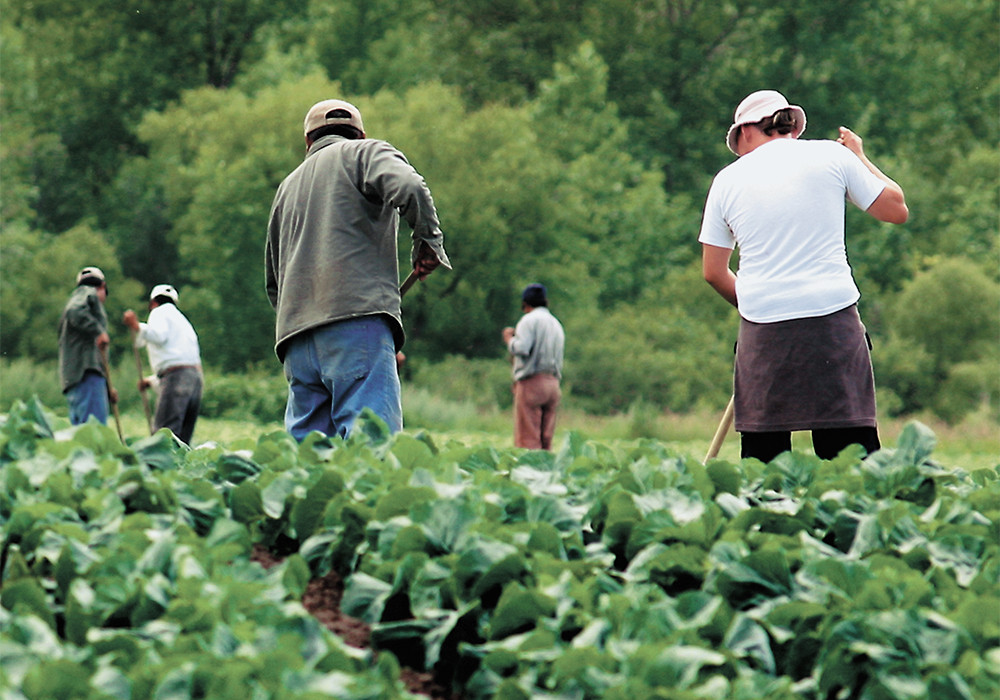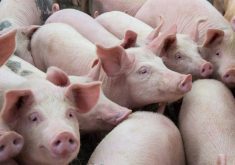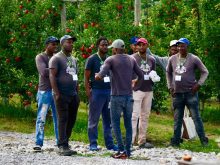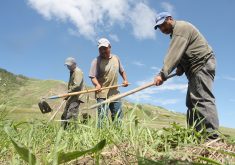The federal government has extended the Agri-Food Immigration pilot program until May 2025.
The program provides a pathway for temporary foreign workers, employed at greenhouses, mushroom farms, livestock farms, meat-packing plants or retail butcher shops, to become permanent residents of Canada.
The three-year program started in 2020, but Minister of Immigration Sean Fraser said May 8 that it will continue for two more years.
Read Also

Crop quality looks good this year across Prairies
Crop quality looks real good this year, with the exception of durum.
“We believe there’s value in delivering workers to businesses and (rural communities),” Fraser said during a news event, held at a meat-packing plant in L’Original, Ont.
“We know we’re not going to be able to meet the needs… with the domestic labour force.”
For years, meat packers, hog farmers, greenhouses and many other segments of Canada’s agri-food sector have struggled to attract domestic workers. They have relied on temporary foreign workers (TFW) to fill the void. The Agri-Food pilot program was designed to help more TFW become permanent residents of Canada, so farmers and meat processors have a stable workforce.
“(The program) is a concrete action that expands immigration pathways for experienced workers, and addresses ongoing agricultural labour challenges. It also supports Canada’s commitment in helping our sector reach its full potential,” said Francis Drouin, Parliamentary secretary to the Minister of Agriculture
In addition to extending the program, Fraser removed the limits on how many candidates can apply for specific occupations.
Fraser announced other changes, including expanding the open work permit to family members of all participants in the pilot program.
This will be an excellent “recruitment tool” for Canada the country’s agri-food sector, so newcomers can be re-united with their families, Fraser said.
The Canadian Meat Council and Mushrooms Canada support the extension and changes to the program.
“Currently, we have over 150 of our temporary foreign workers who have applied to the Agri-Food pilot, and we anticipate a lot more will now be eligible,” said Ryan Koeslag, executive director of Mushrooms Canada.
Most eligible positions for the Agri-Food pilot project are in rural Canada because most livestock farms, greenhouses and meat-packing plants are not in big cities.
Fraser said the Immigration department will support settlement organizations in towns and smaller cities, so newcomers can succeed in rural Canada.
“We have to make sure they do well.”
Contact robert.arnason@producer.com


















